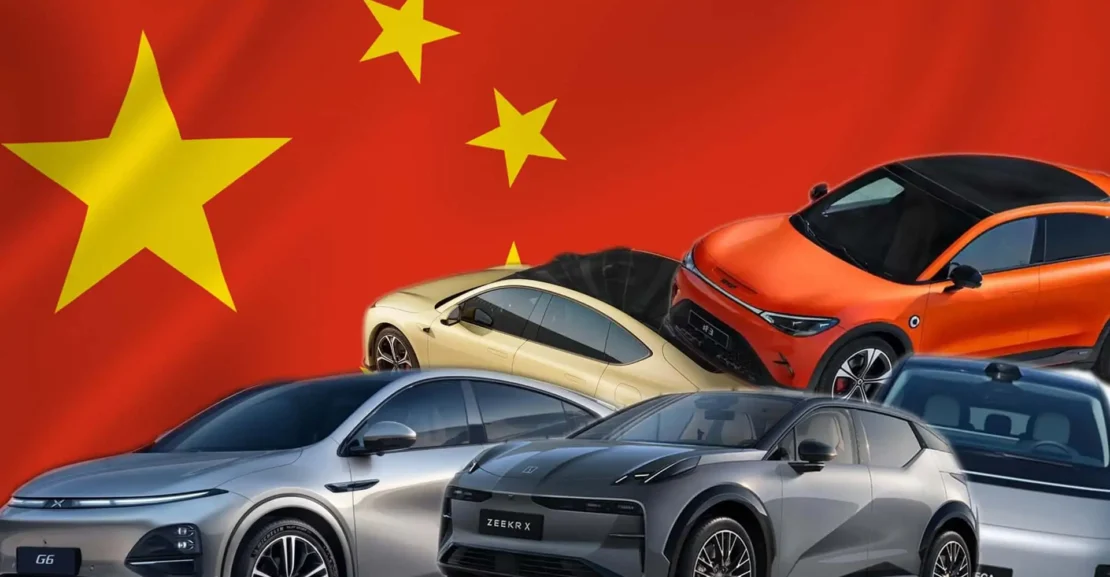1. Overview of Chinese Cars in the U.S. Market
Many Chinese car brands like BYD, Haval, Geely, Chery, and Wuling have limited or no official presence in the U.S. While some models are imported through third-party channels, they often require compliance with NHTSA and EPA regulations before being driven legally.
Some models are not sold in the U.S. because they:
- Do not meet safety and emissions standards
- Are not certified for sale
- Lack authorized dealerships
- Are not registered with the DMV
- Require custom modifications to be legal

2. Top Chinese Cars Not Available in the U.S.
Several popular Chinese car models are not sold in the U.S. due to regulatory and market limitations:
- Wuling Hongguang Mini EV – Small electric vehicle not approved for highway use
- Geely Emgrand – Some models lack U.S. certification
- Haval H5 / H6 – May not meet NHTSA requirements
- Chery Tiggo 7 Pro – Limited availability through authorized channels
- BYD Tang – Some models face import hurdles
- NIO EP9 – High-performance electric car not widely available in the U.S.
These models are often imported or sold through private channels, but may not be fully compliant for public road use.

3. Why Are Some Chinese Cars Not Sold in the U.S.?
There are several reasons why Chinese cars are not sold in the U.S.:
- Lack of NHTSA certification – Many models do not meet federal safety standards
- EPA emissions compliance – Some models fail to meet U.S. environmental regulations
- Limited dealer networks – Few brands have official U.S. sales channels
- Import restrictions – Some models are not allowed without modifications
- Brand recognition and trust – Lower consumer confidence in non-approved models
This has led to fewer Chinese cars being available through traditional dealerships in the U.S.
4. What Happens If You Import a Non-Sold Chinese Car?
Importing a Chinese car not sold in the U.S. can be complex and costly:
- Compliance checks – Must pass NHTSA and EPA inspections
- Custom modifications – Some models require upgrades to meet U.S. standards
- Registration and insurance – May be difficult due to lack of support
- Resale value – May be lower than traditional brands
- After-sales service – Limited availability of parts and mechanics
This makes some Chinese cars unsuitable for everyday use in the U.S. unless properly modified and registered.

5. Are All Chinese Cars Not Sold in the U.S.?
No—some models are now being imported or sold through online platforms and third-party dealers. These include:
- BYD models – Being considered for future U.S. entry
- Haval and Geely – Gaining attention in EV and hybrid segments
- Suzuki and Toyota models – Built in China but sold under foreign licensing
- Private imports – Through authorized dealers or local sellers
However, many models are still not available due to regulatory and market barriers.
FAQs
Q1: Are all Chinese cars not sold in the U.S.?
A1: No—some models are available through imports or online platforms, but many are not officially sold.
Q2: Why aren’t some Chinese cars available in the U.S.?
A2: Due to regulatory compliance, lack of dealerships, and limited certifications.
Q3: Can I import a Chinese car not sold in the U.S.?
A3: Yes, but it may require modifications, inspections, and proper documentation.
Conclusion
While not all Chinese cars are sold in the U.S., many are available through imports and online channels. However, some models are not officially sold due to regulatory and market challenges.
For drivers interested in Chinese cars, it’s important to research availability, compliance, and after-sales support before purchasing.

